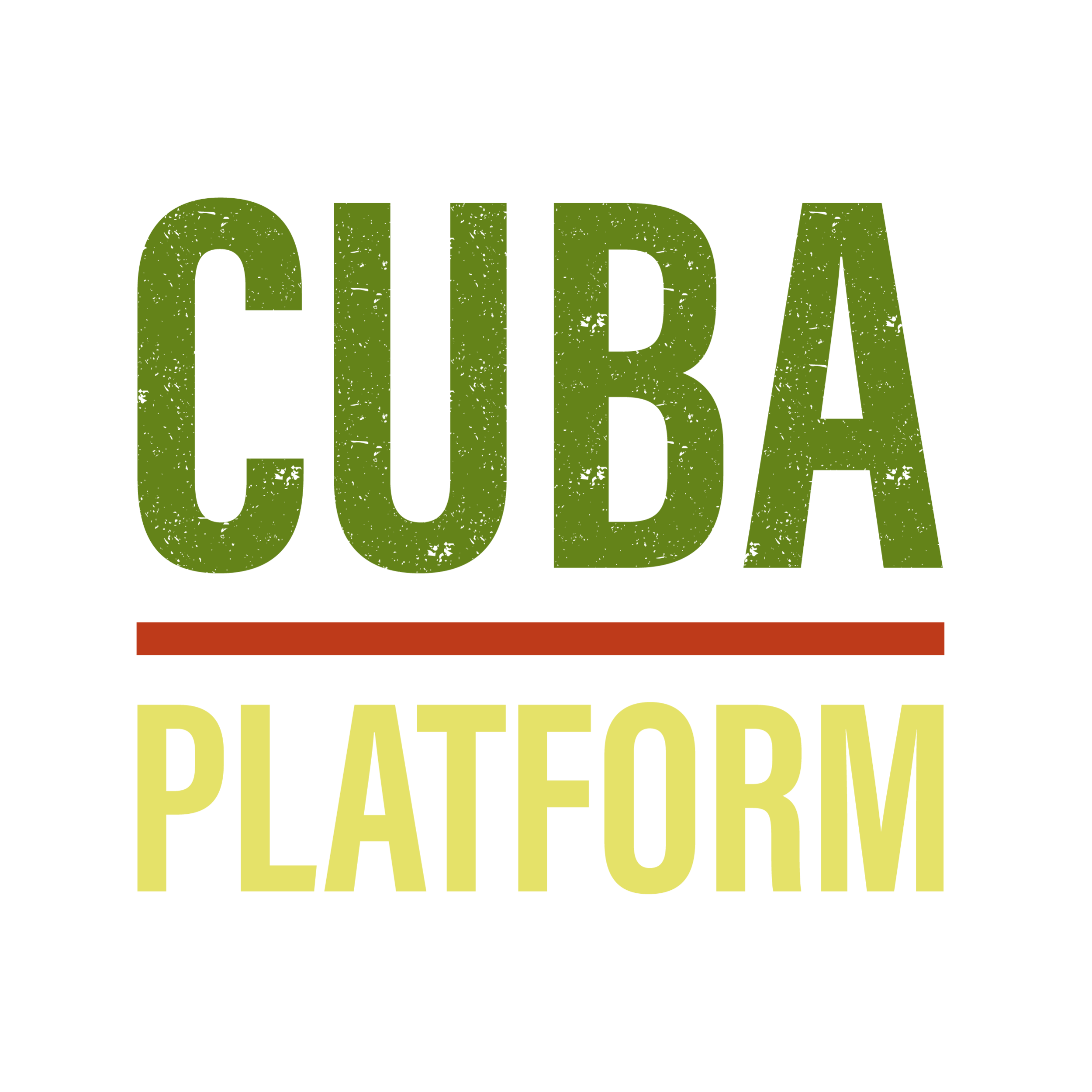Caring in Crisis: Economic Reform
For more cartoons on the economic reforms visit Xel2.
July 31, 2020
Dear Friends and Colleagues,
This week, as the U.S. economy plummets and the global count of COVID-19 cases continues to climb, Cuba sees a new localized outbreak of COVID-19; debates buzz about the island’s economic reforms; a Cuban drug is approved for use with coronavirus patients; the country opens the door to transgenic crops; and U.S. musician, actor and activist Harry Belafonte – who inspired a generation of Cuban artists – receives a Friendship award from the Cuban government.
Sadly, this morning brought the news that Eusebio Leal, beloved historian of the City of Havana has passed away. In the words of Acosta Dance, "Eusebio Leal Spengler not only taught us to rediscover Havana, but took our hand and invited us to walk through history, with the awareness that only by valuing what has been lived can a better future be built." We stand with our Cuban friends and colleagues in honoring his life and work.
We also send gratitude to all who have visited our new project – Care Lab – and listened to the Survival Skills podcast pilot episode with john a. powell and Tania Singer, whose work on othering, belonging, compassion, and empathy is inspiring many activists, leaders, and scholars in the U.S., Europe, and now, Cuba.
Take Care – Sarah, Justine, Mariakarla
Cuba and Covid-19
Although the island has not registered any COVID-19 deaths in over two weeks, the country saw a new spike of infections this week, with over 50 (primarily asymptomatic) cases diagnosed in the past few days. In the last 24 hours, 11 new infections have been confirmed. A majority of the new cases are in Artemisa, prompting various municipalities in that province to go under quarantine.
Cuban Biomedicine
President Diaz Canel inaugurated a new synthetic peptide production plant this week, which will allow for industrial-scale production of Cuban drugs. The Itolizumab monoclonal antibody, a creation of the Cuban Center for Molecular Immunology (CIM), was officially approved last Friday for use with critically ill COVID-19 patients.
Food and Agriculture
Although Cuban agroecologists, such as Fernando Funes Monzote, have long argued against the introduction of genetically modified organisms to the island, the country – facing a pre-existing food crisis made worse by the pandemic - officially opened its doors to transgenic crops on Thursday.
International Affairs
On Thursday, the Cuban ambassador to the U.S. announced that Cuba had awarded the Friendship Medal to renowned U.S. actor, musician and social activist Harry Belafonte. Magia Lopez and Alexey Rodriguez speak to the impact of Belafonte’s visits to the island on their development as socially-engaged artists in our short documentary.
New Economic Measures
On July 16, the government of Cuba announced a set of new economic measures aimed at addressing the profound economic crisis created by the global pandemic, the hostility of the U.S. government, and various internal structures. Although many Cubans welcome economic reform in order to improve daily realities and quality of life, many are also concerned about the actual implementation of the policies. Some worry that liberalization toward the private sector and international economy will provoke an “inevitable segmentation of the population” or disrupt the solidarity and cooperation many Cuban communities have experienced during the health emergency. In the boxes below, we feature comments from several Cuban colleagues that help put the reforms in context:
Ricardo Torres, economist, in an interview with our parent organization, CDA:
The pandemic exacerbated economic problems to a point something radical had to be done. These difficulties made possible otherwise politically unfeasible reforms, like many other times in the past.
There are two main processes that will gain traction in the near future. On one hand, a further advancing of dollarization, which is expected given the dire state of Cuba’s external finances. On the other hand, the expansion of the private and cooperative sectors. It has to be seen whether this time dollarization is used as a mere revenue source or as a vehicle for structural transformation of the economy. The expansion of the private and cooperatives sectors is in line with meaningful economic restructuring.
Daybel Pañellas, social psychologist in conversation with Cuba Platform
I am not an economist, but speaking as a social psychologist, the new measures present a challenge. The economists seem to agree that they are good on paper. In the meantime, we are in a crisis situation, and are drowning, economically. Another problem is that the possibility of sending remittances, which favor families and individuals, has been sabotaged [CP note: by U.S. policy]. The implementation [of the reforms] remains a question. We must trust that the principles of justice and social equity will be upheld.
Ailynn Torres, feminist sociologist,
in OnCuba Reports (as translated to English by CP):
Transforming economic policy without doing the same with social policy would be absolute nonsense. (...) In the midst of such an acute crisis for Cuba and the world, it is also necessary to rethink the model of social policy…
… it is necessary to rethink the essential social protection mechanisms so that no one is left without protection and to preserve the "spaces of equality" that still remain in Cuban society.
… It is also necessary to consider another crisis that exists, survives, and conditions the economic order of which the announced measures speak: the care crisis. If care is not subject to criticism and redistributed - between men and women, families and the State, those who work, and their employers – then what happens "naturally" is that it becomes a difficult burden to carry.




